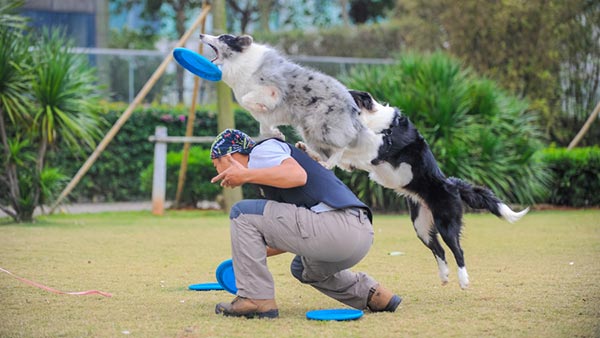Study of footballers' brains highlights dementia concerns
LONDON - The degenerative damage potentially caused by repeated blows to the head in soccer has been highlighted by a rare study of brains of a small number of retired players who developed dementia.
Fourteen former players were part of the research that began around 40 years ago and six brains, which underwent post-mortem examinations, had signs of Alzheimer's disease.
Four brains were found to have chronic traumatic encephalopathy (CTE) pathology, a possible consequence of repeated impacts to the brain, including heading the ball. A previous study of 268 brains from the general population in Britain found a far lower CTE detection rate of 12 percent.
The small sample size of former footballers prevented researchers from University College London and Britain's National Hospital for Neurology and Neurosurgery from drawing any conclusions about the dangers posed by playing soccer as they released their research.
But researchers hope the findings provide the impetus for more substantial studies in conjunction with soccer authorities. The researchers require current or retired players to be willing to take part of investigations that could take decades to produce conclusions.
"Our findings show there is a potential link between repetitive head impacts from playing football and the later development of CTE," lead author Dr. Helen Ling of the UCL Institute of Neurology told The Associated Press.
"This will support the need for larger scale studies of a larger number of footballers who need to be followed long term, looking at various aspects in terms of their mental functions, imaging of the brain and also markers that might identify neurological damage."England's Football Association said it is committed to "independent, robust and thorough" research, which it is jointly funding with the players' union. The Alzheimer's Society maintained that the latest "results do not provide proof that heading a football, or sustaining a head injury by any other means during the sport, is linked to developing dementia.""Exercise is one of the best ways to reduce your risk of dementia and it's important to ensure that people playing any kind of sport are able to do so safely," Dr. James Pickett, research head at the Alzheimer's Society, said.
Concerns have grown in Britain about the impact of head injuries after campaigning by the family of former England striker Jeff Astle, whose death at age 59 in 2002 was attributed to repeatedly heading heavy, leather balls.
Astle's daughter, Dawn, is urging "current footballers or families of footballers to pledge the brain" for medical research.
"If we hadn't donated dad's brain, we wouldn't know what we know now — we wouldn't know what had killed him," Dawn Astle said. "It's too late for dad. The research is so important for current players and for future players. That's why we need it.
"I think that's what is so very frustrating — the fact that it's nearly 15 years since my dad died. And the fact that nothing from any footballing authorities has been done. It is really indefensible and disgraceful."At least four members of England's 1966 World Cup-winning squad have developed dementia or memory loss.
In the United States, there has been a $1 billion settlement between the NFL and thousands of its former American football players who have been diagnosed with brain injuries linked to repeated concussions.
The British soccer research was instigated by consultant psychiatrist Dr. Don Williams, who started to monitor former players who were diagnosed with dementia from 1980. From Swansea in south Wales, Williams monitored the retired players and collected data on their playing and concussion history.
"In 1980 the son of a man with advanced dementia asked me if his father's condition had been caused by heading the ball for many years as a powerful center half," Williams said. "As the brain is a very fragile organ, well protected within the skull, this was a constructive suggestion. As a result I looked out for men with dementia and a significant history of playing soccer, followed them up and where possible arranged for post-mortem studies to be carried out.
"The results suggest that heading the ball over many years, a form of repetitive sub-concussive head injury, can result in the development of CTE and dementia. Thus the original suggestion has been shown to be of merit and worthy of further investigation."






















